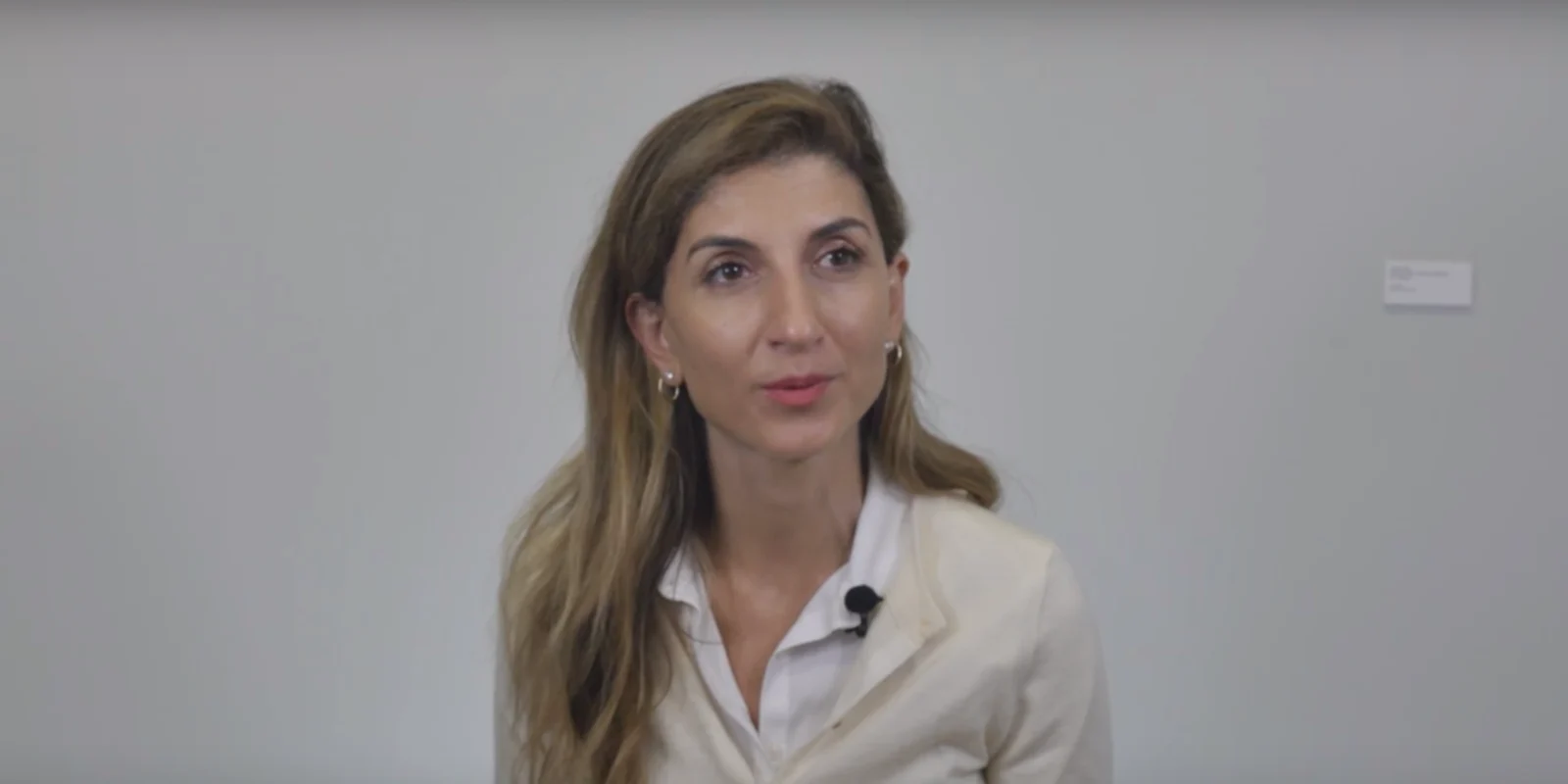
An Interview with Yelena Janjigian, MD
Medical Oncologist, Chief of Gastrointestinal Oncology Service at Memorial Sloan-Kettering Cancer Center
Dr. Yelena Janjigian is a medical oncologist and Chief of Gastrointestinal Oncology Services at Memorial Sloan-Kettering. She discussed her clinical trial results with Doximity and reflected on the transformation of her field.
Doximity: What are some key takeaways from your presentation?
Dr. Janjigian: We’re at the ASCO GI Conference in San Francisco, and yesterday was the session on esophageal and gastro cancer research. We’ve seen exciting data on poster presentations and during the oral abstract session. I presented our first line data in HER2 positive metastatic esophageal and gastric adenocarcinoma. In this investigator-initiated Memorial Sloan Kettering clinical trial, patients with untreated Stage IV first-line metastatic HER2 positive esophageal, GE junction, or gastric adenocarcinoma were treated with chemotherapy consisting of capecitabine and cisplatin in combination with anti-HER2 Trastuzumab with anti-PD1 antibody Pembrolizumab. This was a single-center phase II study enrolling 37 patients. We’ve seen some exciting preliminary data. And in the 37 patients that were evaluable for response and survival analysis, 100 percent of the patients had tumor reduction in target illusions, ranging from 22 percent reduction to 100 percent reduction. We had three complete responses on the study and overall response rate was 87 percent.
The survival data is yet to mature, but the promising 12 months and six months...as well as this promising response rate led to an initiation of phase three registration study...which will be randomizing patients to receive chemotherapy, plus Trastuzumab and Pembrolizumab versus chemotherapy with Trastuzumab and placebo. This study is already enrolling patients worldwide in Asia, U.S., and Europe, and we really hope to get your participation, as this is a very important study that will potentially change the standard of care for our patients worldwide.
Doximity: Can you reflect on how the field has changed since you started your career in light of immunotherapy?
Dr. Janjigian: In my lifetime as an Oncologist and as a GI oncologist, the field has evolved tremendously. We’ve had two, actually three targeted agents that were approved. Trastuzumab was FDA approved in 2009, which is a monoclonal antibody directed at HER2. Within the last few years, alemtuzumab was approved...in second-line setting. Most recently, the exciting development in this field is the validation that antibody therapy--both Pembrolizumab and Nivolumab have efficacy data in our disease. Nivolumab is approved in Japan and Korea, and Pembrolizumab is FDA-approved in the United States.
Doximity: What are some future directions that you are excited about, in your research and in the field in general?
Dr. Janjigian: In our research and our field in general, we’re moving toward combination therapies. As I showed you in our preliminary data and our phase two study, combination therapies of one to two more specific antibodies, such as HER2 directed antibodies and immunotherapy stimulated antibodies, such as Pembrolizumab or Nivolumab, is really the wave of the future. We need to both activate the T-Cell response that is related to the specific tumor peptide but also then release the suppression mechanism on the immune system to allow the immune system that’s been already primed to attack the cancer cell. The inherent problem with our immune system is there are always checks and balances, which is usually a good thing, except when the cancer is pretending to be a normal cell and therefore the immune system is unable to recognize.
Doximity: Is there anything else you’d like to add?
Dr. Janjigian: The other exciting development I’m very interested in learning about is non-invasive ways to access responsive therapy and detect early disease… So, instead of going through a basic biopsy or surgeries, the patient could come in and just get a fancy X-Ray or a blood test, and we could then guide their therapy and personalize their treatment based on that result.







